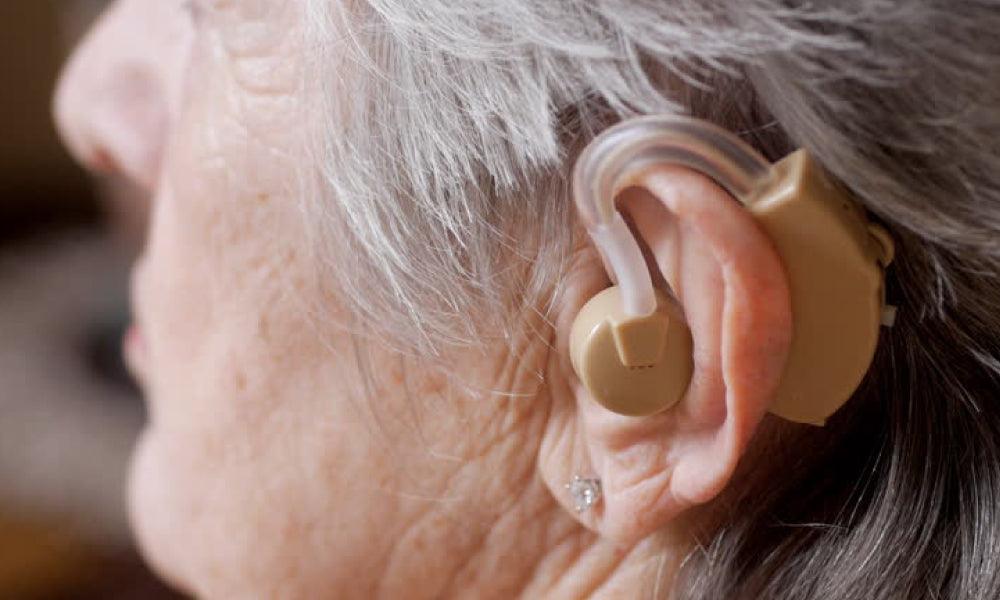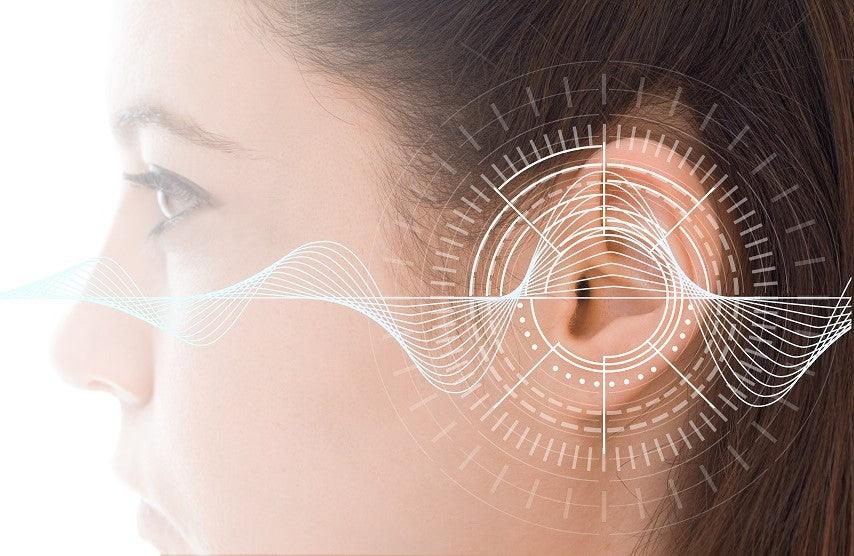Naturally, some of your abilities would deteriorate or be diminished. They then need the artificial support of an external tool. Hearing loss is one of the most common issues among older adults. At some point in our lives, we will all experience mild to moderate hearing loss. Although hearing loss is an effect of growing older, it is not the only reason. Other things, like loud noise, viral infections, and medications, can also affect how well the ears work. Though most hearing losses are reversible, the one related to aging does not come with such a scope. A good quality hearing aid is the only resort in these cases.
Despite their inability to hear, some people still don’t prefer using a hearing aid. The reasons include discomfort in wearing it for long periods, performance-related dissatisfaction, and the cost of the device. So, there are a few things you need to keep in mind when buying hearing aids for older people. Continue reading for tips or guides to finding the perfect hearing aids for your parents or grandparents.
There are different types of hearing aids or Hearing Aids available in the market. People request hearing aid modifications as the stigma associated with hearing loss and hearing aids fades. The placement of the devices mainly differentiates these types. With the advancement of technology, hearing aids also come with different modern mechanisms. Traditional hearing aids come with volume controls, but there are multiple features nowadays. Most hearing aids today have features like noise reduction, remote control, advanced synchronization, and pre-set programming. Rechargeable Bluetooth hearing aids are another marvel in this industry because their convenience makes them easy to use.
Who Needs Hearing Aids
Before knowing about the guidelines, let’s determine who needs a hearing aid. Centers for Disease Control and Prevention (CDC) suggests looking at the following signs to detect hearing loss in people-
- People with trouble understanding general chats and talks, mainly in noisy and disrupting surroundings, might need a hearing aid.
- Some people find certain sounds to be barely audible; those may need a hearing aid.
- You probably have moderate hearing loss if you struggle to hear the other person’s words over the telephone. In this condition, your doctor or audiologist may suggest you a good quality hearing aid.
- You might need a hearing aid if it troubles hearing TV shows at a moderate volume.
- You need help understanding what people are talking about, and you keep asking to repeat them repeatedly.
- You need a hearing aid if there is ringing in the ears.
- Some loud sounds can result in pain in your ears. If something like this happens, it’s time to visit a doctor.
Tips to Buy a Hearing Aid for the Seniors
1. Go with Digital Hearing Aids
Unlike analog hearing aids, digital hearing aids amplify sounds selectively. The sound seems loud and clear when you are in a silent room talking to one person. But if you are with the same person in a chaotic atmosphere, the sound might get mixed with the background noise. A digital hearing aid filters out the background noise from the actual sound you want to hear and amplifies them. People with a hearing disability who often need to attend parties or functions can be benefitted from these.
Another best thing about hearing aids is that they automatically adjust the volume to the environment. Therefore, you don’t need to bother about regulating the sound accordingly.
2. Check if the Device is Easy to Use
Ease of use is another critical factor in choosing a good hearing aid. Most of the time, people refrain from wearing hearing aid because they are difficult to use. So, constantly research well to get something that is rechargeable. It ensures you don’t need to take out the old batteries and insert the new ones repeatedly. Manual controls, wireless connectivity, direct audio input, and noise reduction are some of the significant features that should be there in hearing Hearing Aids for the elderly.
3. Go with the One with Rechargeable batteries
Rechargeable batteries make everything very easy and convenient. There are multiple benefits of a rechargeable hearing aid. Firstly, they come at the exact cost as the normal ones. Secondly, you don’t need to keep changing the batteries every 3-4 days. These rechargeable hearing aids are safer for the environment. In winter, they perform better than the regular ones. The one who gets the most benefits out of this is older adults because of their easy accessibility and ease of use. Rechargeable hearing aids are energy efficient. That means it takes little time to recharge and perform for a long time.
4. Check if It Needs any Accessories to Enhance performance
Many accessories work to enhance the performance of hearing aids. Make sure you previously decided what supplements you need for the hearing aid. Also, check if the accessories are compatible with your chosen device. Any incompatibility might result in poor performance. Some of the accessories for a hearing aid include- streamers, batteries (traditional, if the device is not rechargeable), chargers (for rechargeable hearing Hearing Aids), dehumidifiers, cleaning tools, etc.
5. Make sure you can program it according to your needs
Ensure you have enough resources to program the device whenever necessary. Both manufacturers and audiologists can program a hearing aid. An audiologist knows the degree of inaudibility so that they can program the hearing aid more accurately. On the other hand, the manufacturers may be able to program a device but need the proper knowledge of your hearing loss. So they are more likely to program the device inaccurately.
6. Ensure it has a Higher IP Rating
IP is Ingress Protection, a two-digit score regulated by the IEC or International Electrotechnical Commission. The first number shows, on a scale from 1 to 7, how well it protects against sand, dust, and other small particles. The second digit is the rating for protection against moisture on a scale of 1–9. For example, a hearing aid with an IP score of 79 has the highest protection level for solids and liquids.
7. Be aware of the trial period
Most hearing aids come with a no-obligation guarantee period to try if it fits you or feels comfortable. Ensure you know the trial period well. You must purchase the device if you don’t mention discomfort during the trial period. For an unsatisfactory experience during the trial period, you get a refund.
8. Select a brand that offers maximum customer support
While some brands provide proper communication with customer support around the clock, some have poorly rated support. Always go with the one that has incredible customer service. It allows you to contact the support team for any issues regarding performance or technicalities and get immediate help.
9. Determine the Type of Device you Need
There are multiple different categories of hearing aids for various auditory issues. For minimum to moderate hearing loss, there are specific devices. For hearing issues like severe hearing loss, dementia, or tinnitus, you need more advanced devices. So, know what your patient has and then choose a device accordingly.
10. Be Well Informed about the Expenses
Awareness of the expenses is vital, as hearing aids can sometimes be costly. If you are looking for modern technologies like remote controls or Rechargeable Bluetooth Hearing Aids, you need to push your budget a bit. The more functions and features you want, the more costly it becomes.
Conclusion
Most people complain about the uneasiness of wearing hearing aids. But it will only go with the regular wearing of the device. You can only get satisfactory results by wearing them regularly and taking proper care of them.






Share:
Invisible Hearing Aids: How It Will Be Right for You
What type of hearing aid is right for you?